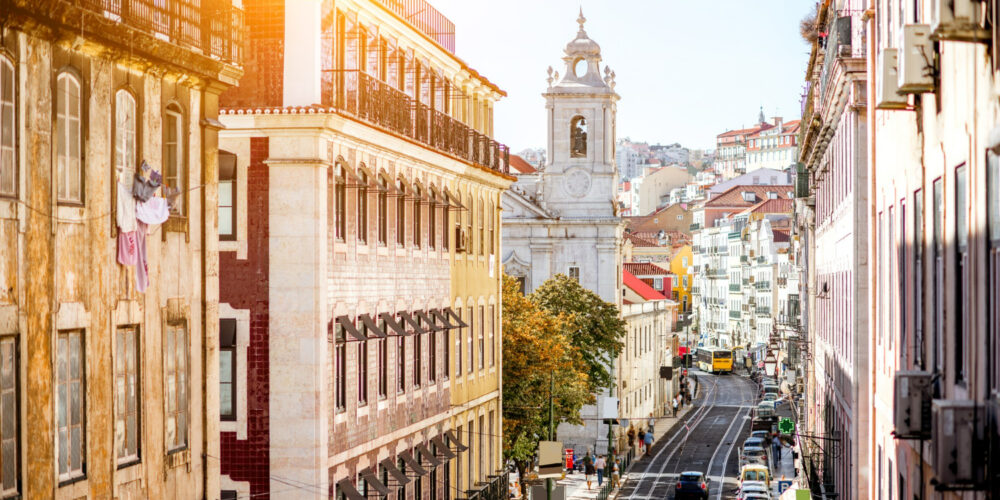Case study: Smart City Lisbon

Portugal’s capital is not only one of Europe’s top travel destinations, but has also become one of Europe’s smartest cities.
A strategic plan, was established by the metropolis on the Tagus to implement an innovative ecosystem on a large scale. With 307 million euros available for specific projects, its purpose is threefold:
- More people: Lisbon plans to grow its population by promoting housing and smart city initiatives related to everyday life.
- More jobs: The city plans to boost the local economy through human capital development, innovation and the knowledge economy, as well as exploring the potential sustainable use of resources;
- A better city, centered on its citizens, by improving the quality of city life, energy efficiency and mobility, but also social cohesion and inclusion through civic participation programs, the rehabilitation of buildings and degraded areas, as well as the optimization and interconnection of urban services and systems.
These goals should allow the city to halve the flow of vehicles entering each day. Indeed, environment and climate are core components of the Lisbon strategy. In 2015, Lisbon was the first capital to join the Pact of Mayors for Climate and Energy, taking an integrated approach to reducing emissions and adapting to climate change.
To achieve prompt results, Lisbon joined the European Sharing Cities network and its center became a “laboratory” for testing new approaches and technologies.
With an area of 10 square kilometers and 100,000 inhabitants, this area includes the main historical and touristic streets of the city. Therefore, Lisbon has chosen to implement innovative solutions and projects in its center, in three main areas:
- Mobility: creating a low-emission zone, attention to air quality, adoption of electric vehicles and increased public transport;
- Management through data and the Internet of Things: installation of a network of sensors and a platform for monitoring the collected data;
- Rehabilitation of buildings: incentives for renovation, improving the energy efficiency of buildings.
In practice, 540 charging points for electric vehicles and 64,000 smart street lamps have been installed in the “laboratory” area. The city authorities have opened 63 datasets in open data. A sustainable energy management system was created to integrate and optimize energy flows, especially by balancing supply and demand. Lisbon also encourages the transition to renewable energies, including solar energy.


